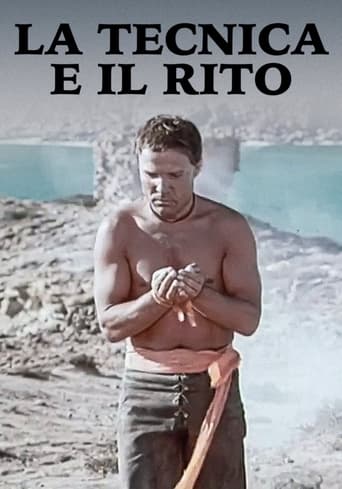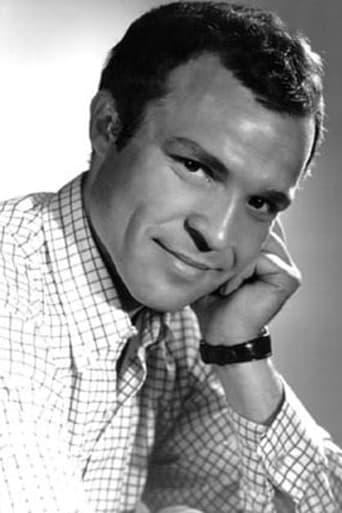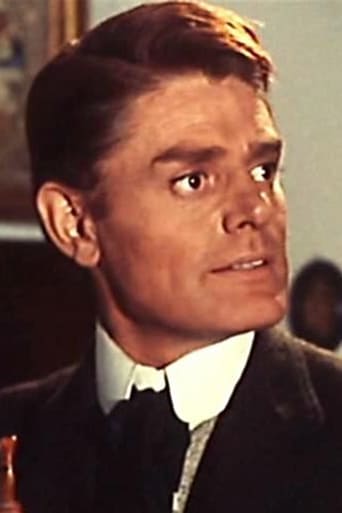

The Technique and the Rite (1972)
The narrative concerns the barbaric exploits of Attila The Hun and yet none of the characters ever leave the remote seaside stretch of land on which the film is set or do much of anything – with the ensuing moralizing interrupted only by the occasional (and equally obscure) music-infused rites.
Watch Trailer
Cast
Reviews
This is a coming of age storyline that you've seen in one form or another for decades. It takes a truly unique voice to make yet another one worth watching.
It’s not bad or unwatchable but despite the amplitude of the spectacle, the end result is underwhelming.
All of these films share one commonality, that being a kind of emotional center that humanizes a cast of monsters.
It's simply great fun, a winsome film and an occasionally over-the-top luxury fantasy that never flags.
This was shown, along with its follow-up ROME WANTS ANOTHER CAESAR (1974; which I watched shortly thereafter), as part of an all-night marathon on Italian TV highlighting the Hungarian film-maker's little-seen work in Italy. Also included in this broadcast was THE PACIFIST (1970), which I foolishly opted to miss out on in view of its inherent political disposition (this being the era of the Vietnam War and all that) when it transpired that the two would-be epics (which I had taken to be more readily engaging) ended up being just as concerned with this element, demonstrating an almost complete disregard for standard plot mechanics into the bargain! In all fairness, Jancso''s best-known and widely admired film THE ROUND-UP (1965) with which I've also just become acquainted is similarly marked by a deliberate stylization which, in hindsight can be seen as the director's personal stamp. Even so, while this abstraction lent itself admirably well to the central situation of that film, here and in ROME WANTS ANOTHER CAESAR, it all feels inordinately muddled and gratuitously pretentious (thus rendering the whole oppressive even when taking into account their considerable brevity)! Both these films, then, are somewhat hard to define and even harder to enjoy; that said, the title of this one alone should have provided ample warning as to the picture's overtly didactic nature! The narrative purports to deal with the barbaric exploits of Attila The Hun (an appropriately brooding if unsympathetic figure throughout) and, yet, none of the characters ever leave the remote seaside stretch of land on which the film is set or do much of anything with the ensuing moralizing interrupted only by the occasional (and equally obscure) music-infused rites! This is not to say that the film is actually boring, however: Jancso''s visual sense here is strong indeed (ditto for ROME WANTS ANOTHER CAESAR) which, again, suggests a consistency within his oeuvre and, at the same time, undeniably emerges to be one of the director's most remarkable qualities.


